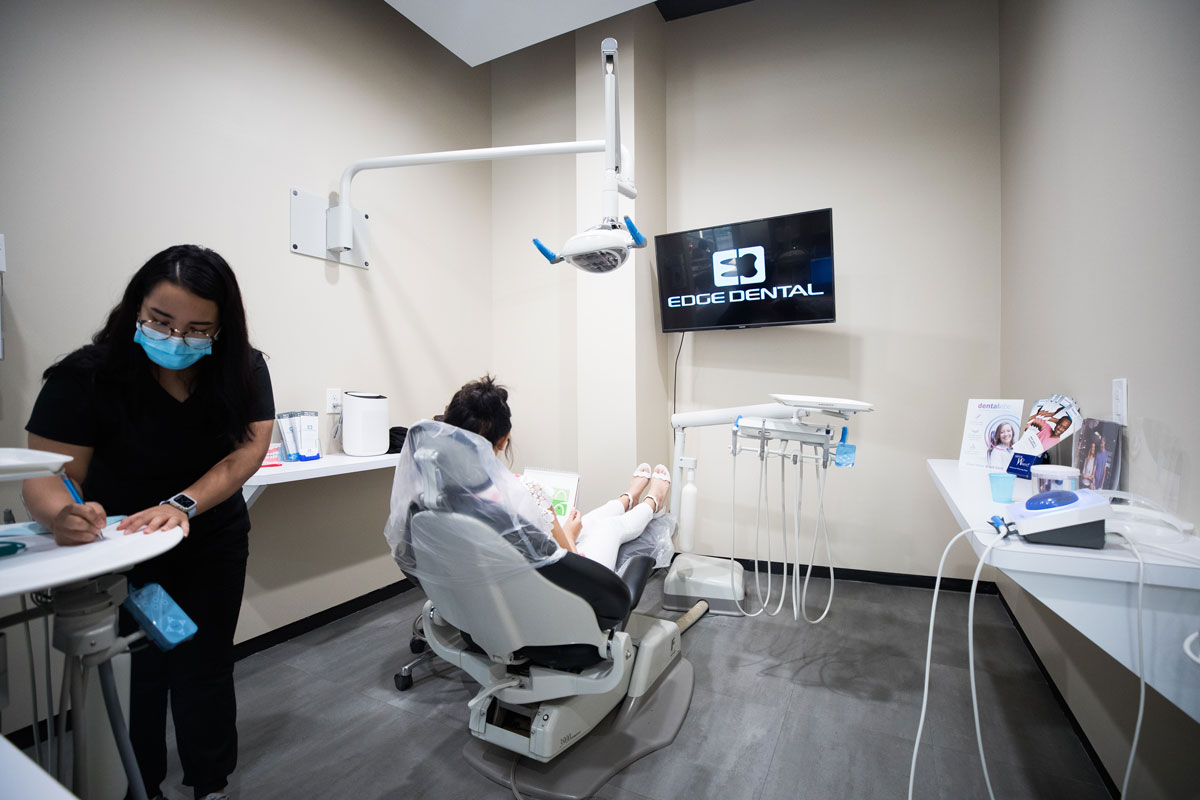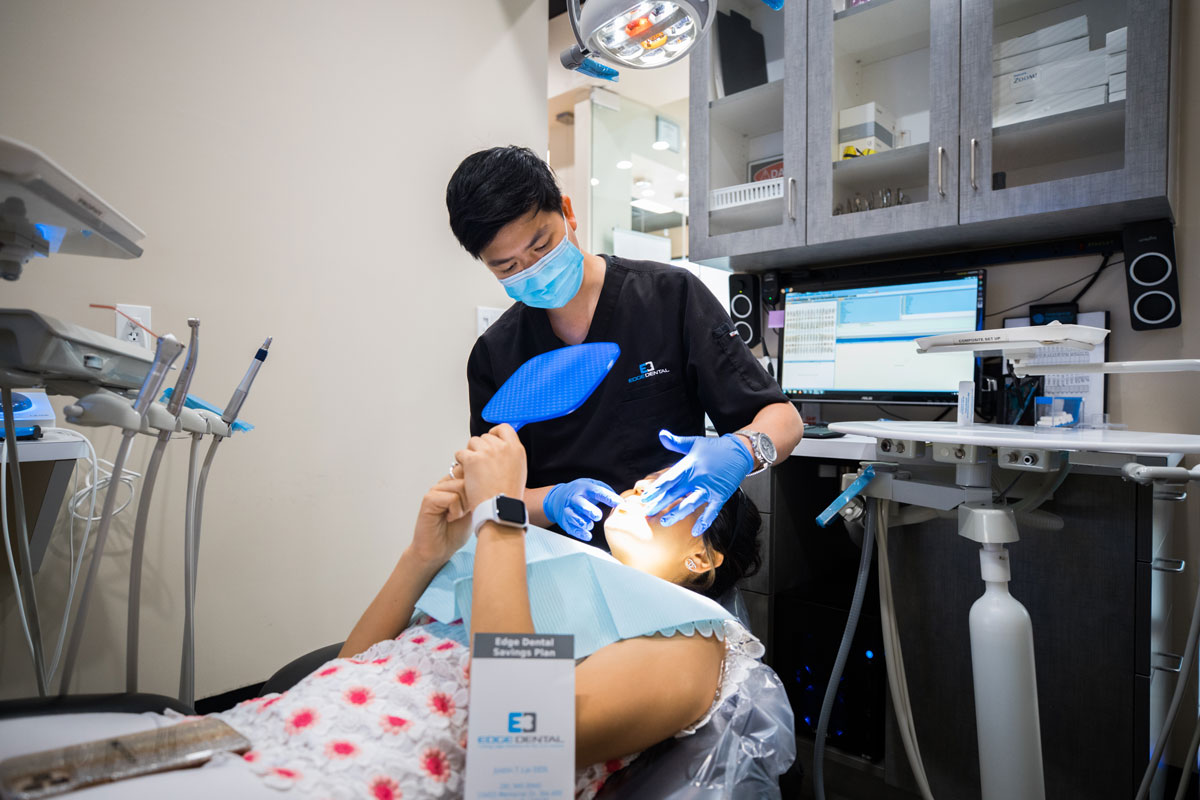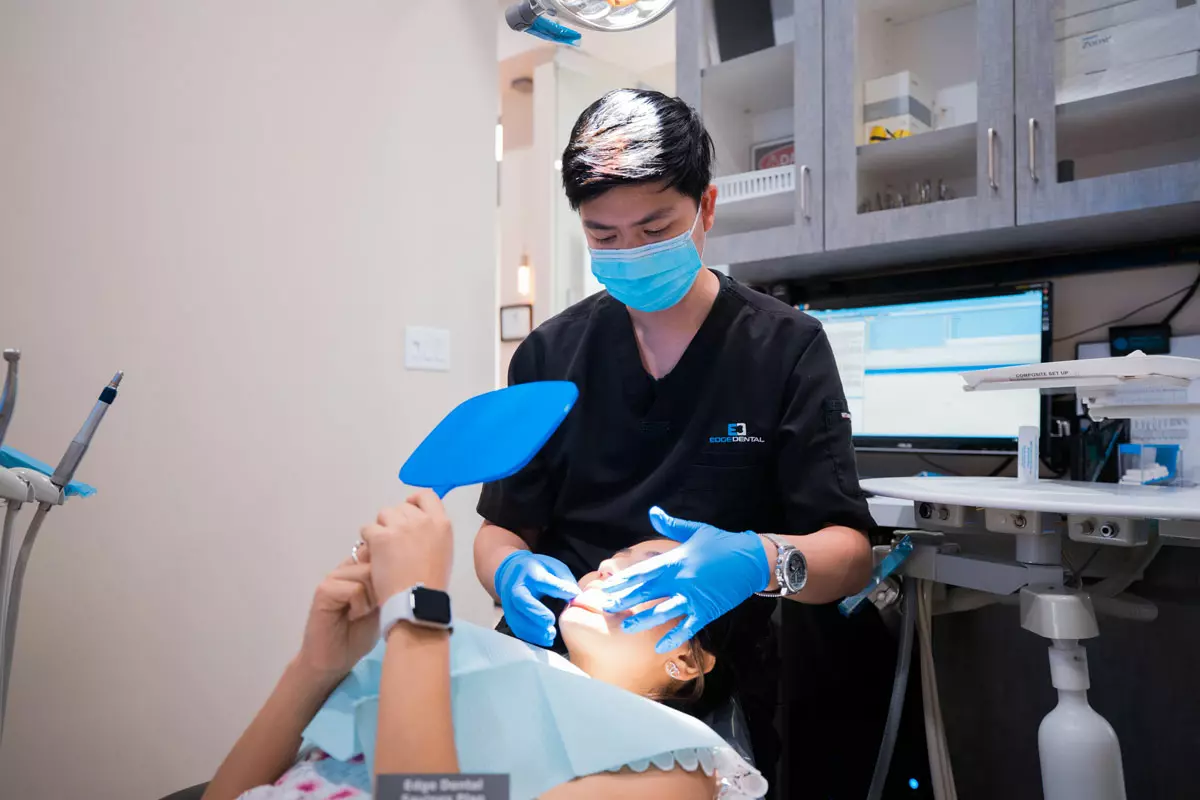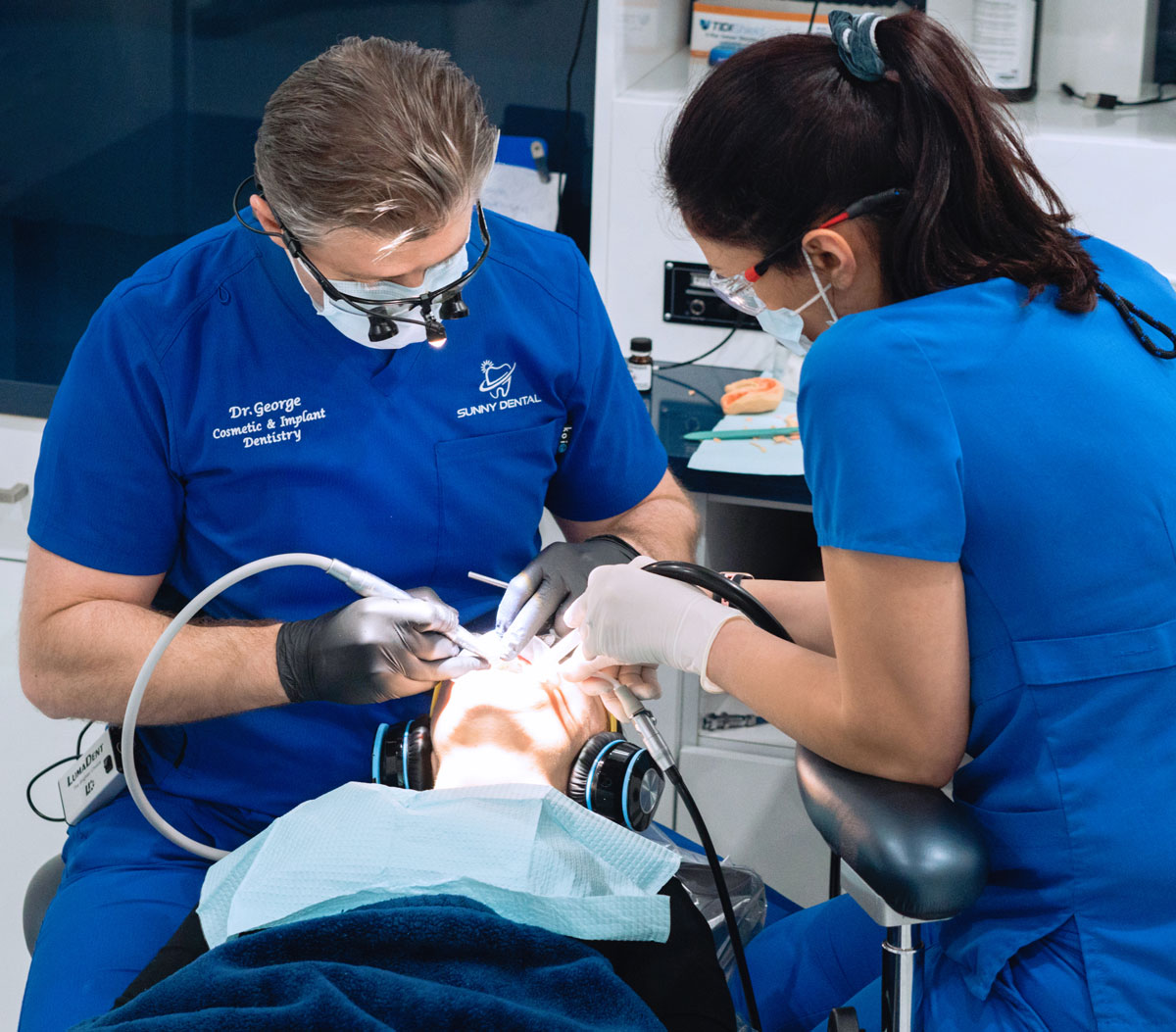Are you searching for materials and techniques for the restoration of dental functions?
Maintaining the health of teeth and their natural look at the same time became one of the great breakthroughs in the sphere of modern dentistry. Of all these innovations, composite resin fillings have recorded high acceptance due to the fact that they can be matched with natural teeth. In contrast to classical amalgam filling, composite fillings have a number of advantages that are not only utilitarian; therefore, composites might be recommended to those who care about aesthetics. In this article, the focus is on the major benefits of composite resin fillings, which can be considered to be extremely important in providing people with healthy teeth and smooth oral cavity looks. To know more about it, continue reading.
Aesthetic Superiority
This is one of the main reasons why numerous patients, as well as dentists, prefer composite resin fillings, namely, the ability to achieve a better appearance. Made from a combination of a plastic component and fine glass filler, the material can be made to gradually blend with the color of the patient’s teeth. This color-matching ability is quite important in the aesthetic preservation of a smile, particularly when the filling is to be done on visible teeth such as the anterior teeth. You can also ask about the snap in veneers option for a more aesthetic look.

Preservation of Tooth Structure
Besides beautifying teeth, composite resin fillings help build up the structure of teeth. According to the technique used in placing the composite resin, the material is bonded to the tooth, which is made possible because cavity preparation is not widespread. In contrast to amalgam fillings, where a healthy portion of the tooth is removed so that the amalgam material has something stable to bond with, this composite resin bonding is stronger with the tooth surface. Beauty clinic Aventura describes that this is less invasive, considerably leaving more of the tooth enamel, dentin, and other structures intact’, which is beneficial to the health of the teeth over the long term and also helps to prevent the tooth from fracturing or from developing further decay.
Durability and Longevity
Developments in dental composite materials make the filling last longer as compared to previous years. The composites that are in use today are created to endure the force of normal chewing, and they usually have a very long lifespan if well maintained. While they are not as durable on large load-bearing restorations as amalgam fillings, for miniature to moderate restoration jobs, they are strong enough and rather elastic.
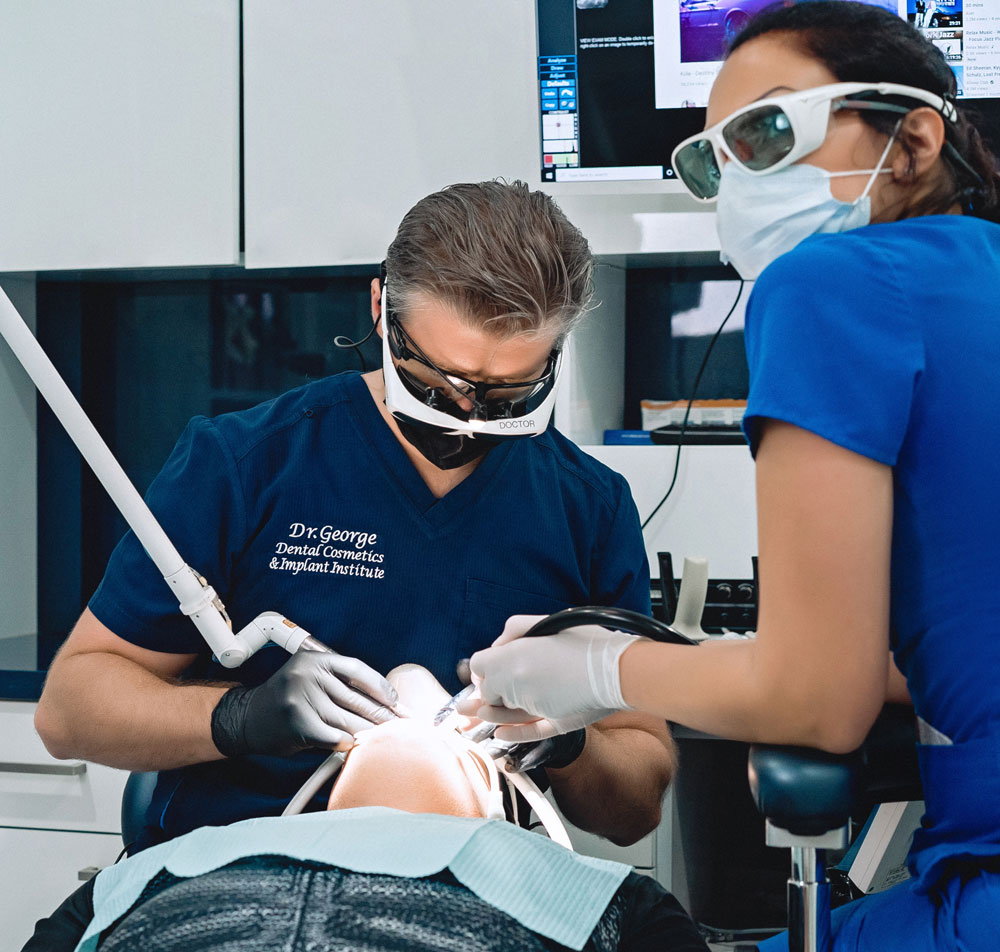
Versatility in Application
Composite resins are extremely diverse, which allows them to be used for any dental restoration besides fillings. It can be applied to fill the cracks in the teeth, restore broken teeth, put together the gaps of teeth, and change the shape and color of teeth. Such versatility helps dentists solve a variety of cosmetic and functional dental problems by applying a single material with confidence in the final esthetic outcome.
In Conclusion
This article has stated all the major benefits of composite fillings to help you make your teeth look better, and this will also enhance your confidence and build your personality. With ongoing advancements in technology and materials, composite resin fillings are expected to continue to be a key part of both restorative and cosmetic dental procedures, ensuring patients maintain resilient, attractive smiles. Moreover, also confirm smile dental Center Miami prices are within your budget.


